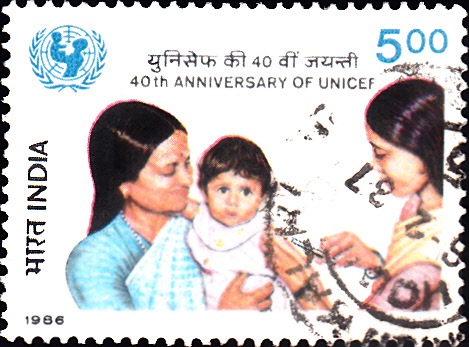
India on UNICEF 1986
Complete Set of 2 nos of postage stamp on the 40th Anniversary of the United Nations Children‘s Fund (UNICEF), created by United Nations General Assembly in 1946 :
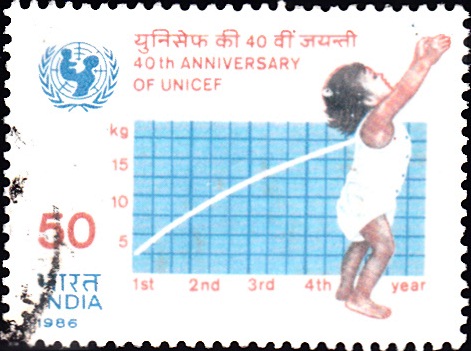
 Issued by India
Issued by India
Issued on Dec 11, 1986
Issued for : The Department of Posts is happy to issue a set of two stamps on the occasion of the 40th Anniversary of UNICEF.
Description of Designs : The set of two stamps of 50 p and 500 p denominations depicting the themes “immunization of the Child” and “growth monitoring” have been designed by India Security Press, Nashik Road. The First Day Cover depicts the UNICEF logo. The cancellation design depicting the 40th anniversary logo has been prepared by Miss Nenu Bagga.
Type : Stamps, Postal Used
Colour : Multi colour
Denomination : 50 & 500 Paise
Overall size : 3.91 x 2.90 cms.
Printing size : 3.55 x 2.54 cms.
Perforation : 13 x 13
Paper : Imported unwatermarked adhesive gravure coated stamp paper
Number Printed : 15,00,000
Number per issue sheet : 35
Printing Process : Photogravure
Printed at : India Security Press
About :
- On December 11, 1986, the United Nations Children’s Fund (UNICEF) completes 40 years of work on behalf of children. During those four decades, UNICEF has worked steadily with national governments to protect the lives of children and to promote their development.
- UNICEF was created at the first session of the United Nations General Assembly. For its first several years – when it was the United Nations International Children’s Emergency Fund – UNICEF’s resources were largely devoted to meeting the urgent needs of children in post-war Europe and China for food, drugs and clothing. But it became increasingly evident that the needs of children in many other countries constituted another, more ‘silent’, emergency. In December 1950, the General Assembly redirected the Fund’s mandate to programmes of long-range benefit ti children in developing countries. In October 1953, the General Assembly decided that UNICEF should continue this work indefinitely and changed its name to United Nations Children’s Fund, although the well-known acronym “UNICEF” was retained.
- In 1965, the Nobel Peace Prize was awarded to UNICEF, recognizing that the well-being of today’s children is inseparable from the peace of tomorrow’s world. UNICEF has worked closely with the Government of India since 1949. Its programme of cooperation in India constitutes its largest commitment to any single country among the 118 with whom it now works. Among the important programmes of cooperation are the push for comprehensive immunization and the control of diarrhoea. India has begun a determined national offensive against the six preventable diseases that now kill nearly one million of its children every year before they reach the age of one. A dynamic five-year crusade to immunize all infants during their first year of life, and all pregnant women, started on 19th November 1985, late Mrs. Indira Gandhi‘s birth anniversary. Prime Minister Rajiv Gandhi pledged this programme as a “living memorial” to her concern for the very young.
- India‘s historic new initiatives for her children’s future are being actively supported by UNICEF. This includes a funding commitment for 1985-89 of $ 29 million for the nation-wide immunization measures. The many other spheres of UNICEF cooperation in India also include water and environment sanitation, community education and special training for women. UNICEF’s work depends entirely on voluntary contributions. Government of India’s generous contribution ranks 16th worldwide.


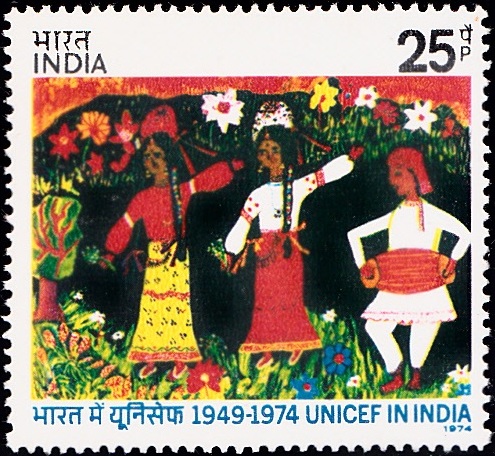
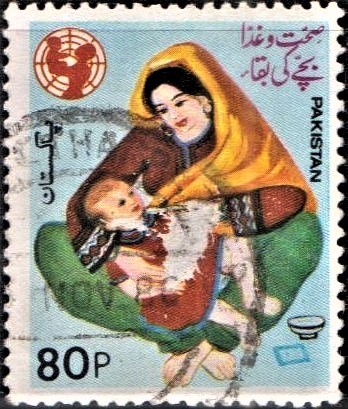
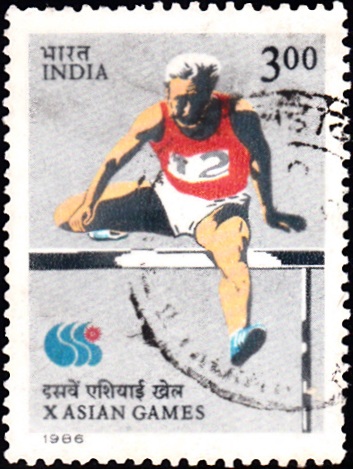
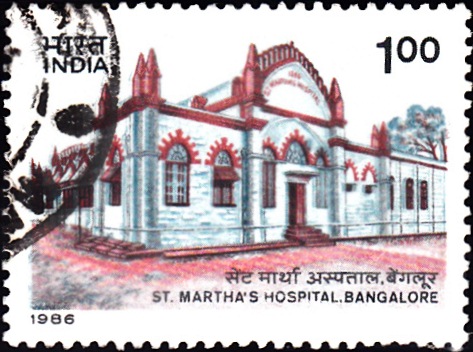
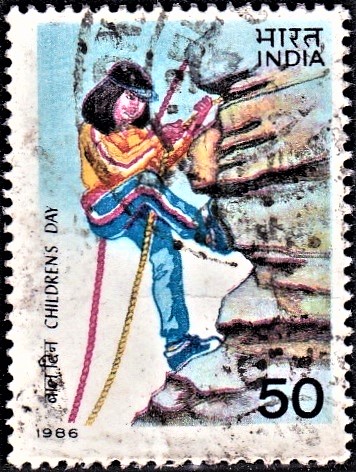
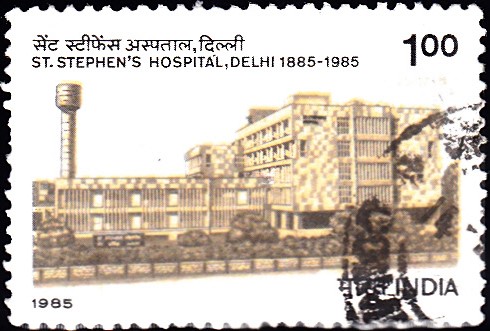
[…] (Text by Razia Ismail, UNICEF). […]